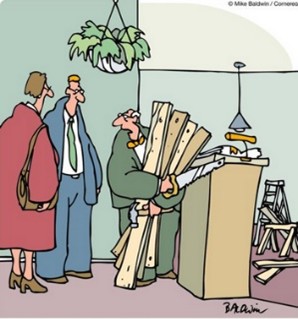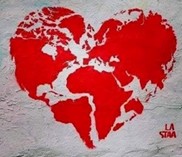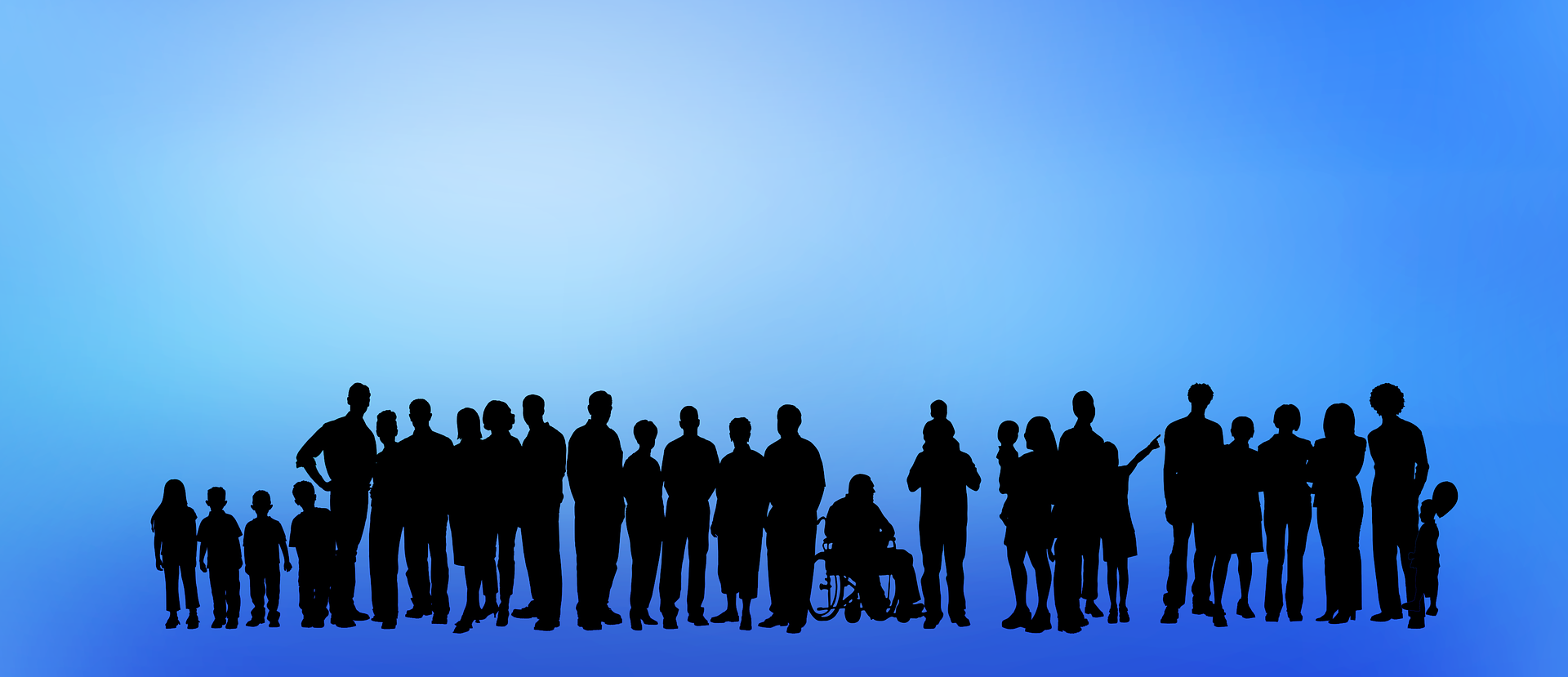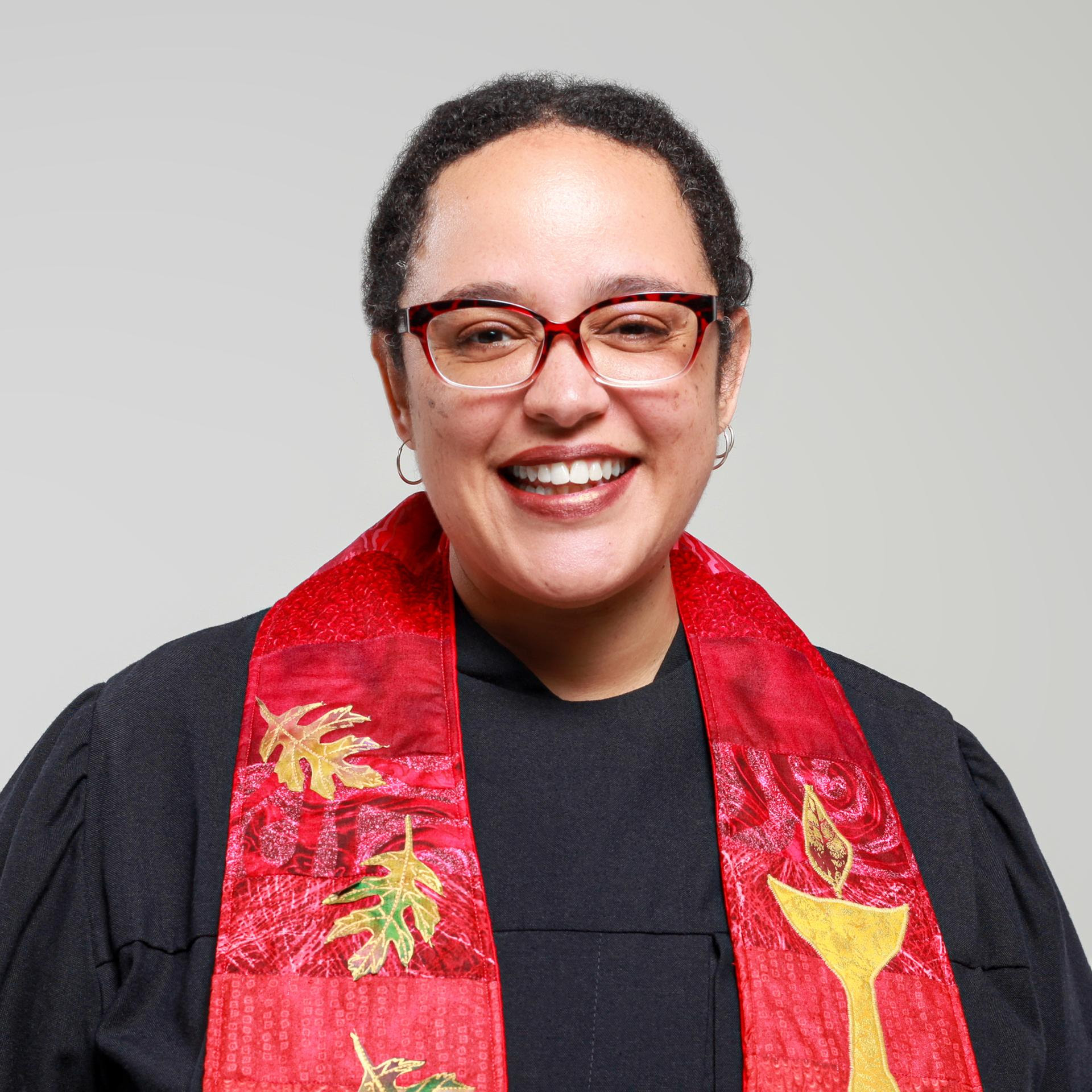Unitarian Universalist Peter Mayer has been singing and songwriting full-time for 30 years, performing across the U.S. and beyond, including in many UU congregations and gatherings. His songs are part of our hymnals and services, including the well-loved “Blue Boat Home.” In this time when art and beauty and singing together are essential to our well-being, we are thrilled to welcome Peter back to the Fellowship. There will be more music than speaking – the service will be primarily a concert, to feed our souls. We are not selling tickets! However, if you are interested, able and willing to support Pete’s art, and would like to contribute the price of a ticket, or more, you are welcome to do so, at uucorvallis.org, Donate, Gift to A Different Fund, Peter Mayer.
Porta Potties!
With thanks to our building team and Gerding, we now have the use of two portable toilets on Sunday mornings, during the classroom wing reconstruction. They are located in the playground area on the west side of the building, behind the fence, accessible by going out the Firwood doors and turning left at the parking lot. Umbrellas are available for use when going to the toilets – find them under the name tag racks.
It’s our watch now.
The writer Anne Applebaum calls what is happening in our country “regime change.” That it has happened before in many times and places gives context but not comfort. The question “what can we do?” feels both feeble and strong. Like people before us, to the extent we can, we have to now figure out how to keep the flames of love and justice and compassion alive, within us and between us.
This week our justice teams will gather to talk with one another and all who are interested in the conversations. What work is emerging in the areas we already work in — for example immigration and refugee support, equity/diversity/inclusion, and climate action? What new areas will need our support now? What do we need to learn? I hope you’ll be part of the conversation.
Most of our shared values as Unitarian Universalists are at stake. We are the ones who have to carry the flame. It is our watch now.
Monthly “Transition Talks” Begin 3/2
The Committee on Ministry invites all to a monthly series of “Transitions Talks” the first Sunday of the month beginning March 2. We’ll touch base on as many questions as come up, such as “How are you taking care of yourself in these challenging times? How are you feeling about this ministerial transition? What do you need to know or understand better? How do we say goodbye- both minister and congregation members – as well as we can? What will help us stay strong and vital in our ministries during the transition time?”
The first meeting will be on March 2, 2025 at 11:45 AM in the Sanctuary.
Invitation to Join the Greeter Team
Greeters are a resilient bunch! As the construction continues in the RE wing, the Greeter Team tries to help newcomers feel welcome and oriented. Even during the service, sometimes people come to the foyer just to get a little space; we’re there to help. It’s what makes being part of the Greeter Team interesting. If you want to be part of this cheerful group, please let the person at the Greeter desk know.
And, a reminder: the Greeter Team is meeting off-site for lunch on February 23rd at 12:00 PM.
Your pew will be ready shortly…
The Partner Church Team (PCT), 2/16
Join the Partner Church team in welcoming Blaise Ntakarutimana to the Fellowship today — come greet him, his wife Gisele and their children after the service. The Partner Church team, part of our Justice Council, endeavors to deepen our connections with and understanding of Unitarian Universalism in other cultural, social and religious contexts. “Let all that we do be done with love.”
Come join us on the Partner Church team! Meetings are monthly and will be posted in UU Announcements.
Connect Up Hike, 2/22
We will meet at 9:45 AM at the Lewisburg Saddle Trailhead along NW Sulphur Springs Road (Corvallis). We will start hiking at 10:00 AM. Our route will include portions of Road 600 (Patterson Road) and Road 650 in the OSU McDonald Research Forest. These are gravel forest roads. Hike distance is at 5.0 miles, elevation Gain is at 500 feet.
NO DOGS, PLEASE. CARPOOLING IS ENCOURAGED. (If you’d like to carpool from the UUFC lot, meet there at 9:30 a.m.) BRING WATER. Hiking Poles are suggested.
Book Discussion, 3/10
TIME EXTENDED! EDI, the Equity, Diversity, and Inclusion team invites you! Love a good adventure story you just can’t put down? While engrossed in the events unfolding in “James,” by Percival Everett, you’ll explore the many risks facing James and Huck who somehow muster the courage to prevail in a perilous time of our shared history. It’s a compelling tale! Cozy up in comfort and join the conversation, 7:15 PM, Monday, MARCH 10th when we’ll share our experiences and responses reading “James.” Email Elona Meyer through Breeze for details and the Zoom link.
Freedom Fund Banquet, 2/22
NAACP’s Freedom Fund Banquet is SATURDAY, FEBRUARY 22nd 5-9 PM at the CH2M-Hill Alumni Center, OSU campus. Join the festivities or donate to support the work of our local, Linn-Benton NAACP. The theme is “Persistence is Power.” The keynote speaker is Shelly Seacrest, who has received the NAACP’s National Presidents Award for her work. Contact Linn-Benton NAACP Branch for details and the link to register for the Banquet, or to donate.
Questions? Email Elona Meyer through Breeze.
UUA Joins Lawsuit Against Immigration Enforcement in Churches
A note to UU congregations from UUA President Rev. Dr. Sofia Betancourt, February 12, 2025:
“I am proud to share with you that the Unitarian Universalist Association has joined with a multifaith coalition and the Institute for Constitutional Advocacy and Protection to bring a lawsuit challenging Immigration and Custom Enforcement’s (ICE) “sensitive locations policy.”
The case, Mennonite Church USA et al. v. United States Department of Homeland Security et al., was filed in federal district court in Washington, DC. Churches, as well as schools and hospitals, had previously been protected from ICE enforcement actions, but a Department of Homeland Security memo rescinded that protection on January 20.
We join this multifaith coalition, representing millions of Americans across dozens of denominations, to challenge the ending of ICE’s sensitive locations policy and oppose any interpretation of law which would allow immigration raids in houses of worship and religious ceremonies.
We believe, and the lawsuit asserts, that subjecting places of worship to ICE enforcement actions without a judicial warrant substantially burdens our religious exercise in violation of the First Amendment and the Religious Freedom Restoration Act.
We know that many of our congregations include members who are immigrants, both documented and undocumented, and many of you carry out important ministries that serve immigrant communities in church spaces.
The UUA is committed to supporting and protecting your ability to continue this vital and life-saving work. Learn more about the lawsuit in the UUA World magazine (uuworld.org)”








